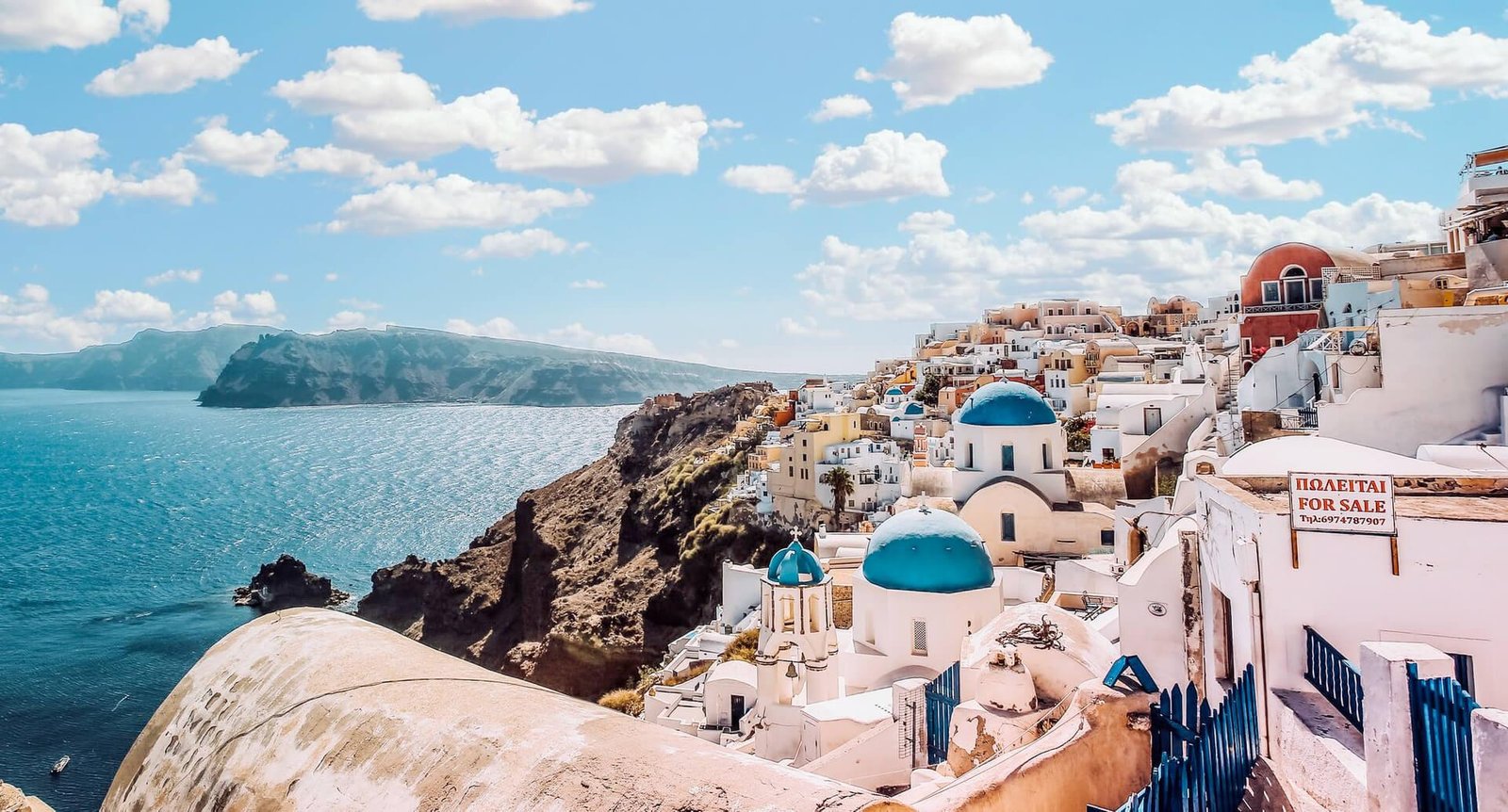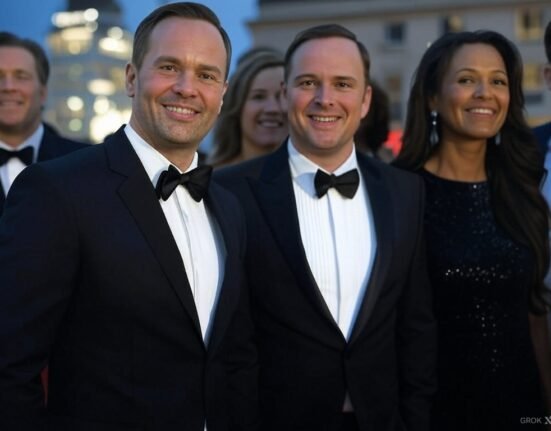Cuba has long been a favored destination for Canadian tourists, with Varadero being one of the most popular locales. The appeal of this Caribbean island lies in its beautiful beaches, rich culture, and warm climate, making it an ideal escape for Canadians seeking sun and relaxation during the colder months. In recent years, the relationship between Canada and Cuba has flourished, with both nations invested in strengthening their ties, particularly in the tourism sector.
According to various tourism reports, Canadians represent one of the largest groups of international visitors to Cuba. The direct flights from major Canadian cities such as Toronto, Montreal, and Vancouver facilitate easy access to Cuba, further encouraging the influx of tourists. This continuous flow of Canadian visitors significantly boosts the Cuban economy, especially in regions renowned for tourism, such as Varadero, where numerous resorts and attractions have sprung up to cater to this demographic.
Beyond the economic benefits, the presence of Canadian tourists in Cuba fosters cultural exchanges and interpersonal connections that enhance the overall experience for both visitors and locals. These interactions often lead to a deeper understanding of Cuban culture and, in turn, positive feedback for the travel industry. As Canadians increasingly choose Cuba as their preferred vacation destination, the importance of this relationship continues to grow, highlighting the significant role Canada plays in Cuba’s tourism industry.
Given the increasing number of visitors, it is essential for stakeholders within Cuba’s tourism market to prioritize sustainability and quality service to ensure that the needs of Canadian tourists are met. This focus on tourism quality not only protects the interests of Canadian visitors but also ensures the continued appeal of Cuba as a prime destination for future vacations.
A Unique Experience: Exercise Classes in the Sea
As the sun rises over Varadero beach, Canadian tourists are embracing a growing trend: exercise classes held in the invigorating waters of the Caribbean Sea. These classes offer a unique blend of fitness, relaxation, and social engagement, catering to the increasing demand for dynamic and enjoyable vacation experiences. Water-based fitness programs, such as aqua aerobics, water yoga, and strength training, have gained popularity due to their ability to provide a low-impact yet effective workout while participants revel in the refreshing sea environment.
One of the most significant benefits of exercise classes in the sea is the buoyancy of water, which reduces strain on the joints and muscles, making it an ideal setting for individuals of all fitness levels. Canadian tourists, many of whom may have busy lifestyles back home, find the opportunity to engage in fitness while enjoying the beautiful coastal scenery particularly appealing. The seamless integration of exercise and vacation results in an enhanced tourist experience, promoting both physical well-being and relaxation.
Additionally, these workouts foster a sense of community among participants. As Canadians gather for sunrise classes, they share laughter, stories, and companionship, creating a bond that lasts beyond their time in Cuba. This social aspect is paramount; it not only enhances the overall enjoyment of their trip but also encourages repeat visits for those seeking a blend of fitness and leisure. Moreover, local instructors offering tailored classes contribute to the connection between tourists and the community, enriching the cultural exchange that is integral to the tourism experience.
In summary, exercise classes in the sea represent a remarkable development in how Canadian tourists engage with Cuba’s tourism industry. By emphasizing health, community, and enjoyment in a stunning natural setting, these activities exemplify a delightful intersection of fitness and travel, appealing to those looking to enhance their overall vacation experience.
The Current Challenge: Blackouts in Cuba
The issue of blackouts in Cuba has emerged as a substantial challenge impacting both locals and tourists. Recently, the frequency of these power outages has increased, creating substantial disruptions in day-to-day life. Several factors contribute to this pressing issue, primarily aging infrastructure, a lack of maintenance, and the economic difficulties facing the nation. The electrical grid, which serves as the backbone of Cuba’s power supply, has not kept pace with the demands of a growing population and an increasing number of visitors. Consequently, electricity shortages have become a common occurrence.
Cuba’s electricity supply is heavily dependent on fuel imports, making it vulnerable to fluctuations in global oil prices. The recent rise in these prices has exacerbated the situation, leading to heightened energy rationing and rolling blackouts. Moreover, the country’s reliance on outdated technology and equipment has hindered efforts to modernize the power sector and respond effectively to the needs of both residents and tourists. For visitors to the island, the ubiquity of blackouts can significantly diminish their experience. Activities that rely on electricity, such as dining, entertainment, and transport, can be adversely affected, leading to frustration. Light and air conditioning outages can particularly impact tourists seeking comfort and safety during their stay.
Beyond the immediate inconvenience, these power outages pose long-term implications for Cuba’s tourism industry. Tourists may be deterred from visiting the island, opting for alternatives in destinations where power supply is more reliable. This shift in travel patterns can result in reduced revenue for the local economy, which relies heavily on tourism as a primary source of income. Addressing the challenges of blackouts will be crucial for restoring confidence in Cuba’s ability to provide a dependable tourism experience, thus ensuring a stronger future for both locals and visitors alike.
Cuba’s Tourism Industry under Strain
The Cuban tourism industry has long been a crucial pillar of the nation’s economy, contributing significantly to both employment and foreign currency revenue. However, the recent and ongoing power cuts across the island have begun to present substantial challenges, impacting tourist experiences and the operational viability of hotels and resorts. The economic implications of these blackouts are profound, as they detrimentally affect the quality of services offered to visitors.
Tourists expect a certain standard of amenities when they travel, and power outages have severely impacted this expectation. Reduced power means limited air conditioning, sporadic hot water supply, and non-functioning electronic devices. Such lapses not only lower the quality of the tourist experience but also risk diminishing the island’s reputation as a desirable travel destination. Feedback from tourists often reflects frustration, which can adversely affect the industry’s long-term prospects.
In response to the challenges posed by these power issues, hotels and resorts are making noticeable efforts to cope. Many establishments have invested in backup generators and alternative energy sources to maintain operations during blackouts. However, the financial burden of these adaptations falls heavily on businesses already struggling with rising operational costs and declining occupancy rates. This strain may lead some smaller enterprises to reassess their viability, risking the livelihoods of workers who depend on the tourism sector for employment.
Ultimately, the impact of power cuts on Cuba’s tourism industry manifests in both immediate and long-lasting effects. While the industry has historically shown resilience, the current situation poses a significant threat to its stability and growth. Addressing and rectifying these challenges will be essential for Cuba to preserve its status as a key player in the Caribbean tourism market.
The Fear of Increased Economic Blockade
The implications of economic policies can significantly shape the landscape of tourism in a nation. In Cuba, there exists a palpable concern regarding the potential reimplementation of stringent economic measures by the United States, particularly those akin to former President Trump’s policies. This fear is particularly relevant for the Cuban tourism industry, which heavily relies on international visitors, including a substantial number from Canada. The uncertain political climate raises anxiety not only among Cuban professionals but also among Canadian tourists contemplating a trip to the island.
The possibility of an increased economic blockade could act as a deterrent for many prospective travelers. Canadian tourists, known for their affinity toward Cuban destinations due to their rich culture and favorable climate, may begin to reconsider their travel plans in light of these uncertainties. The fear of a prolonged blockade contributes to a sense of instability within the tourism sector, potentially leading to decreased visitor numbers. As the environment becomes more complex and challenging, the Cuban tourism industry faces the detrimental effects of reduced foot traffic as tourists weigh their options against potential economic ramifications.
Interviews with Tourists and Locals
In recent months, Canadian tourists visiting Varadero, Cuba, have encountered a series of blackouts that significantly impacted their vacation experiences. Interviews conducted with these tourists reveal a spectrum of emotions ranging from frustration to acceptance. One tourist, Sarah from Ontario, expressed her disappointment, stating, “The blackouts disrupted our plans multiple times. It was challenging to enjoy the resort amenities, and we spent too many evenings in the dark.” Such experiences highlight the way that infrastructure issues can directly affect perceptions of a destination, and in this instance, the charm of Varadero was sometimes overshadowed by these interruptions.
Conversely, some travelers shared positive perspectives. Mark and Lisa, a couple from British Columbia, found the blackouts to be a unique part of their cultural experience. “Instead of feeling inconvenienced, we used the opportunity to explore the local area at night, enjoying the atmosphere in a different light,” Lisa noted. This sense of adaptability reflects a broader trend among tourists who seek authentic experiences, even if it involves coping with unforeseen challenges.
The interplay between these personal stories reveals a complex relationship between the experiences of tourists in Cuba and the broader context of American policies affecting the region. This situation emphasizes how vital it is for both tourists and local businesses to develop strategies for navigating challenges like blackouts, fostering a compelling narrative within Cuba’s tourism industry.
The Future of Tourism in Cuba
The future of tourism in Cuba appears to be a multifaceted endeavor shaped by domestic challenges and international dynamics. As the country grapples with intermittent power outages, it becomes increasingly important for the tourism sector to adopt adaptive strategies. These blackouts not only affect the daily lives of locals but also influence the tourist experience, necessitating innovative approaches to ensure visitor satisfaction and safety. An immediate step for both local businesses and the government is to invest in alternative energy sources, such as solar power, which could provide a sustainable solution to the energy crisis. Implementing these technologies would not only mitigate the effects of blackouts but also promote a greener image of Cuba.
In addition to energy resilience, enhancing infrastructure is crucial for the continued growth of Cuba’s tourism industry. This includes improving transportation networks, upgrading accommodations, and expanding internet connectivity. Such developments would create a smoother experience for tourists, making the destination more appealing despite local challenges. Furthermore, prioritizing the training of personnel in hospitality sectors can elevate service quality, allowing Cuba to maintain its reputation as a vibrant travel destination.
International political relations will also play a critical role in shaping the future of tourism in Cuba. The easing of travel restrictions and diplomatic tensions can boost the influx of visitors from North America and Europe. To capitalize on this opportunity, Cuba must market its unique attractions effectively, highlighting cultural experiences, natural beauty, and historical significance. Engaging with potential tourists through targeted promotions and leveraging social media platforms can enhance visibility and attract diverse visitor demographics. Adaptation and resilience in the face of both local and international challenges will be essential for Cuba to thrive in the competitive tourism landscape. By prioritizing energy solutions, infrastructure improvements, and effective marketing, Cuba can bolster its tourism industry and navigate the complexities that lie ahead.
What Canadian Tourists Can Do
When planning a trip to Cuba, Canadian tourists need to prepare for the possibility of power outages, which can impact their overall experience. With a little foresight, visitors can ensure they have a fulfilling visit despite these inevitable challenges. One of the first steps towards enjoying a hassle-free journey is to select accommodations that are equipped to handle power fluctuations. Many hotels and resorts in Cuba have backup generators, ensuring that guests still have access to essential services during blackouts. Researching and booking accommodations that prioritize guest comfort during outages can significantly enhance your stay.
Packing appropriately for potential power outages is also crucial. Tourists are advised to include items such as portable chargers, power banks, and extra batteries for electronic devices. These items enable you to remain connected, making it easier to access important information and keep in touch with travel companions or loved ones back home. Additionally, consider bringing a small flashlight or headlamp as a precautionary measure. Having non-perishable snacks and bottled water on hand can also serve as a backup plan in case of extended blackouts, ensuring that you remain both nourished and hydrated during your travels.
Canadians should also familiarize themselves with local customs and resources available in Cuba in case of power disruptions. Knowing where to find local markets, stores, and restaurants that may still be operational during outages can provide helpful options for meals and snacks. Moreover, engaging with local residents and seeking their recommendations not only enhances the travel experience but also fosters a deeper understanding of the culture. Ultimately, by taking these steps, Canadian tourists can embrace the unique aspects of Cuban travel while maintaining a sense of preparedness, allowing them to enjoy their holiday even in the face of potential power interruptions.
Conclusion: Resilience in the Face of Adversity
The recent blackouts in Cuba have undoubtedly posed significant challenges for both tourists and the tourism industry. Canadian tourists, who traditionally contribute a substantial portion of the island’s tourism revenue, have had to navigate these difficulties during their visits. However, it is essential to recognize the resilience exhibited by both the travelers and the local industry in the face of such adversity. Despite the inconvenience of extended power outages, many tourists remained committed to enjoying their experiences, showcasing an admirable spirit of adaptability.
Moreover, the tourism industry in Cuba has demonstrated remarkable resourcefulness and determination to maintain its appeal to international visitors. By swiftly implementing backup solutions and enhancing communication strategies, Cuba has made commendable efforts to mitigate the impacts of power outages on the overall tourist experience. This proactive approach not only helps maintain the safety and comfort of guests but also reinforces Cuba’s reputation as a welcoming and vibrant tourist destination.
Furthermore, the bond between Canadian tourists and Cuba has only grown stronger as these challenges have unfolded. Many tourists have expressed admiration for the resilience displayed by the Cuban people and their commitment to providing exceptional service even amid hardships. This enduring connection emphasizes the mutual respect and camaraderie developed over years of collaboration, allowing both parties to navigate these challenging times together.
In conclusion, while the impact of blackouts on Canadian tourists and Cuba’s tourism industry cannot be ignored, it has also led to an emerging narrative of resilience. The ability to adapt and persevere in difficult circumstances highlights the strength of both the tourists and the industry, laying the groundwork for a future where this bond flourishes despite challenges.













Leave feedback about this